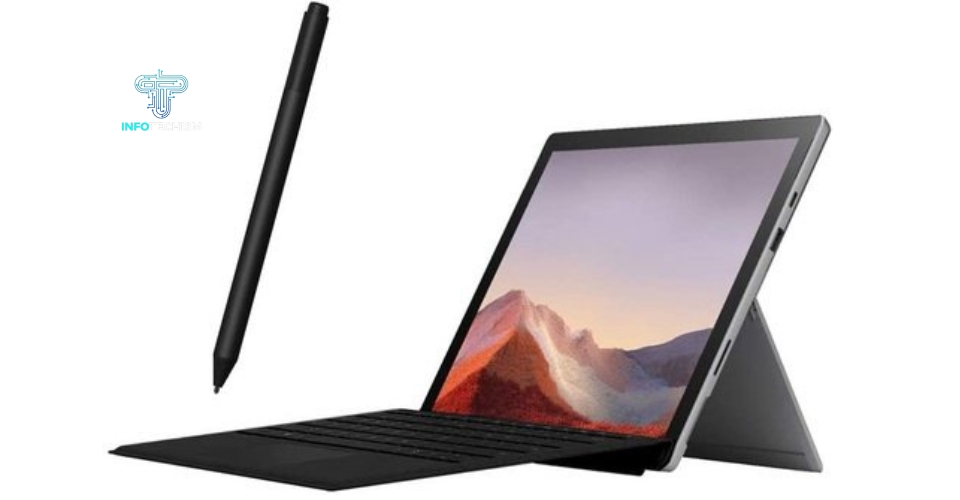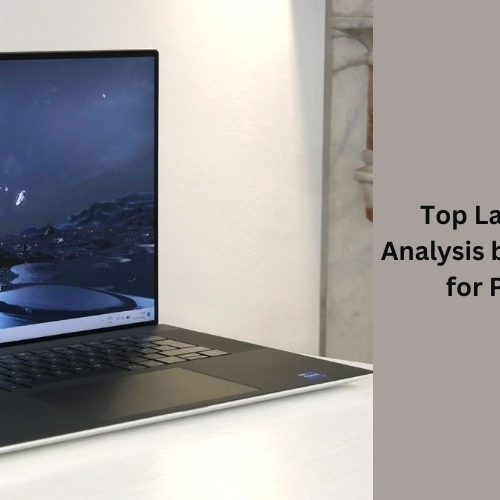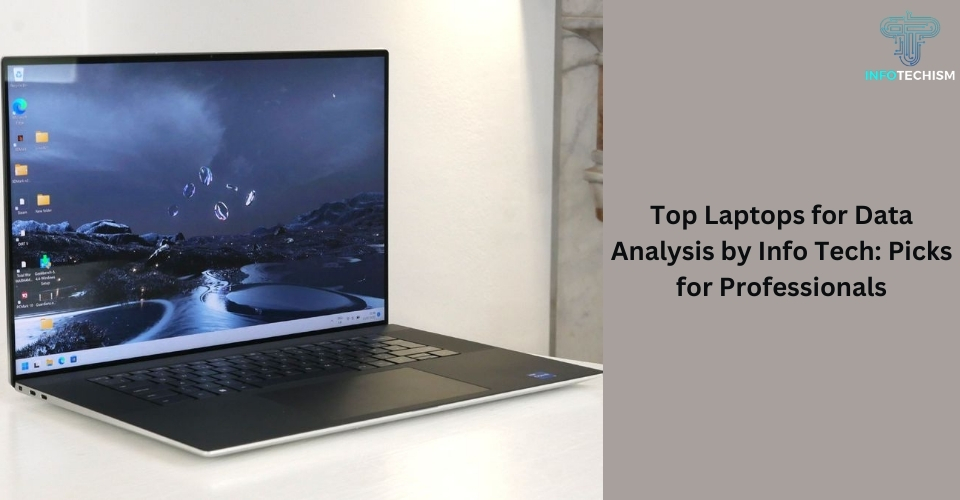Choosing the best laptop for computer science students can feel overwhelming. Tech review websites are a great place to start your research. These websites offer in-depth reviews of the latest laptops, including performance benchmarks, battery life tests, and user feedback. Look for reviews specifically focused on the “best laptop for computer science students”. These reviews will often highlight features that are important for CS students, such as processing power, RAM, and display quality. Some popular tech review websites include TechRadar, CNET, and Tom’s Hardware.
Manufacturer Websites
Manufacturer websites are another valuable resource. They offer detailed information on each laptop model, including specs, features, and pricing. You can also use their online configurator tool to customize a laptop to your specific needs. While manufacturer websites won’t be as objective as tech review sites, they can still provide valuable information to help you narrow down your options.
University Bookstores & Online Retailers
Many universities have bookstores that sell laptops specifically tailored for students in their programs. These bookstores often carry models with pre-installed software or configurations recommended by the computer science department. While the selection may be limited, university bookstores can be a convenient option, especially for freshmen who may not be familiar with the different hardware options.
Online retailers like Amazon, Best Buy, and Newegg offer a wide selection of laptops at competitive prices. They also have user reviews and filtering options that can help you narrow down your search based on your needs and budget.
Considerations When Choosing the Best Laptop for Computer Science Students
Once you’ve identified some potential laptops, it’s time to consider your specific needs.
Processor
The processor is the brain of the computer, and it’s responsible for handling all of the calculations. For computer science students, a powerful processor is essential for running demanding applications.
For computer science students, 16GB of RAM is ideal. 8GB of RAM may be sufficient for basic tasks, but you’ll likely run into performance issues if you’re working with multiple programs or large datasets.
Storage
Computer science students often need to store large amounts of code, data, and virtual machines. A solid-state drive (SSD) is highly recommended for the best performance. SSDs are faster than traditional hard disk drives (HDDs), which will lead to quicker boot times and faster loading times for applications. Aim for an SSD with at least 512GB of storage, or consider a combination of a smaller SSD for the operating system and applications, and a larger HDD for data storage.
Display
The display is where you’ll be spending a lot of time looking at code. A high-resolution display with good color accuracy is important for reducing eye strain. If you plan on doing any graphic design work, a 4K display might be worth considering.
Keyboard
As a computer science student, you’ll be typing a lot. Choose a laptop with a comfortable keyboard that has good key travel and feedback. A backlit keyboard is also helpful for working in low-light conditions.
Battery Life
Computer science students are often on the go, so long battery life is essential. Most computer science programs will work well on both Windows and macOS. Windows laptops tend to be more affordable and offer a wider variety of hardware options. MacBooks are known for their sleek design, excellent build quality, and a user-friendly operating system. Ultimately, the best operating system for you depends on your personal preference.
Finding the perfect laptop for your computer science studies requires careful consideration of your needs and budget. By utilizing tech review websites, manufacturer resources, and online retailers, you can explore a wide range of options. Remember to prioritize powerful processors, ample RAM, and fast storage with an SSD. A high-resolution display, comfortable keyboard, and long battery life are also important factors for productivity. Ultimately, the best laptop for computer science students is the one that strikes the right balance between performance, portability, and affordability. With careful research and these considerations in mind, you’ll be well on your way to finding the perfect machine to power your academic success.







